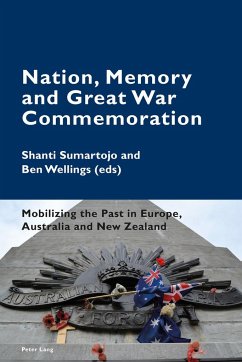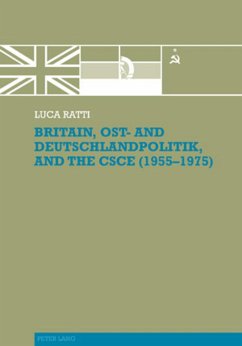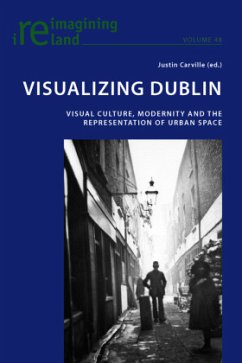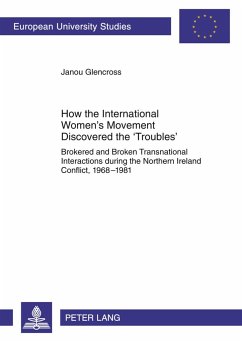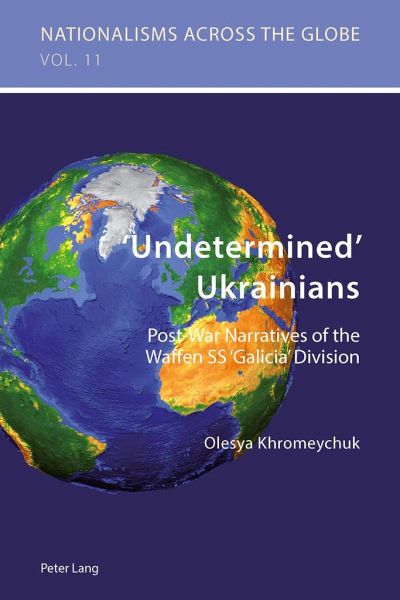
'Undetermined' Ukrainians
Post-War Narratives of the Waffen SS 'Galicia' Division
Versandkostenfrei!
Versandfertig in 6-10 Tagen
73,25 €
inkl. MwSt.

PAYBACK Punkte
0 °P sammeln!
Memories of the Second World War play an important role in contemporary politics and society across Eastern Europe. One of the most controversial yet least studied pages of Ukraine's wartime history is that of the Waffen SS 'Galicia' Division, whose members are usually portrayed either as war criminals or as freedom fighters. The history of this unit is not limited to the Ukrainian context; it also has relevance throughout Eastern Europe, as well as in Britain, Canada and the USA. In the aftermath of the war, the 'Galicia' Division surrendered to British and American troops, but was not repatr...
Memories of the Second World War play an important role in contemporary politics and society across Eastern Europe. One of the most controversial yet least studied pages of Ukraine's wartime history is that of the Waffen SS 'Galicia' Division, whose members are usually portrayed either as war criminals or as freedom fighters. The history of this unit is not limited to the Ukrainian context; it also has relevance throughout Eastern Europe, as well as in Britain, Canada and the USA. In the aftermath of the war, the 'Galicia' Division surrendered to British and American troops, but was not repatriated to the USSR, despite Soviet demands. Instead, its members were brought to the UK and eventually allowed to settle in the West, and this unexpected turn of events continues to cause much controversy.
This book explores why over 8,000 members of the Waffen SS were allowed to move permanently to the West, by analysing the complex series of events and decisions that characterized the journey of the 'Galicians' from capitulation to acceptance into civilian life. Drawing on a rich range of different sources, the book examines the variety of often conflicting narratives created by the Division members, their supporters and their opponents, as well as the continuing influence of these narratives today. In doing so, the book sheds light on the complex processes of memory politics.
This book explores why over 8,000 members of the Waffen SS were allowed to move permanently to the West, by analysing the complex series of events and decisions that characterized the journey of the 'Galicians' from capitulation to acceptance into civilian life. Drawing on a rich range of different sources, the book examines the variety of often conflicting narratives created by the Division members, their supporters and their opponents, as well as the continuing influence of these narratives today. In doing so, the book sheds light on the complex processes of memory politics.






